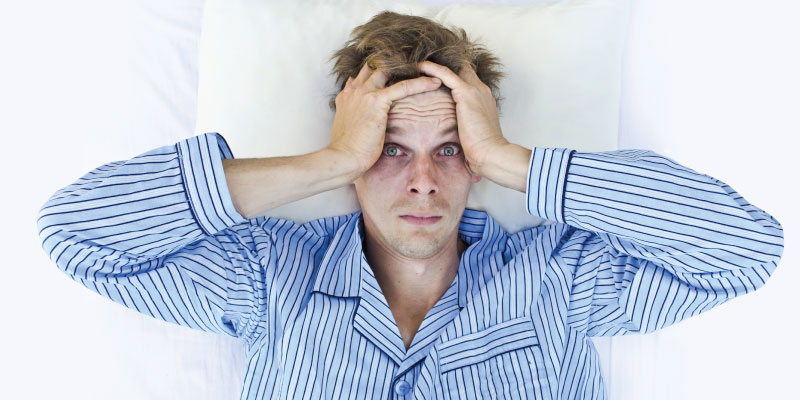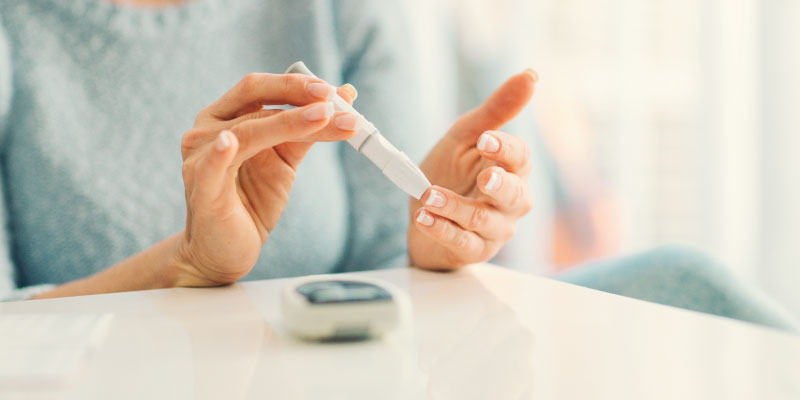
You settle in for the night with your CPAP mask on, and set the pressure to exactly what feels right on your throat. But as you start to drift off, your ears suddenly start popping. It gets so bad that you can’t sleep and end up turning off your CPAP machine—only to wake up exhausted because you were constantly waking up from sleep apnea.
This phenomenon is certainly not unheard-of for sleep apnea patients. Here’s a few things that might be causing popping ears—and what you can do about them:
Swallowing Air
Known as “aerophagia,” this is when the air from your CPAP machine goes into your stomach instead of your lungs. Whenever you swallow, the pressure between your middle nose and ear become equal. However, if you have an external change in pressure, this can cause your ears to pop if you swallow. Think about what it’s like when you swallow on an airplane or elevator—your ears pop. The same is true with a CPAP machine—you have external pressure, plus the change in internal pressure from swallowing. Those two things combined can cause your ears to pop.
So, what can I do?
Sometimes, all it takes is adjusting the pressure on your CPAP machine. Other times, you might want to try a different CPAP mask—or making sure the one you have fits you correctly. Chin straps can also help alleviate this affect.
GERD
GERD, or Gastroesophageal Reflux Disease, causes a band of muscles at the end of your esophagus to not close properly, allowing some of your stomach contents to leak in your stomach or throat. Using CPAP can exacerbate GERD, especially if you have aerophagia on top of that. As the air enters the stomach, it can cause some of the stomach contents to come back up, causing your ears to pop.
So, what can I do?
Sleeping at an angle can help prevent some stomach contents to from coming back up. Eating light suppers or not eating several hours before bedtime is another fix. Wearing a full-faced CPAP mask can also cause you to swallow a lot of air, so switching to a nasal mask or nasal pillows can help. Finally, switching from a CPAP machine to a BiPAP machine can address the issue of GERD.
At CPAP Central, we want to help everyone remain CPAP compliant. If you’re wanting to change some of your equipment to see if it addresses popping ears, stop by our online catalog. We have everything you need to get a good night’s sleep.



